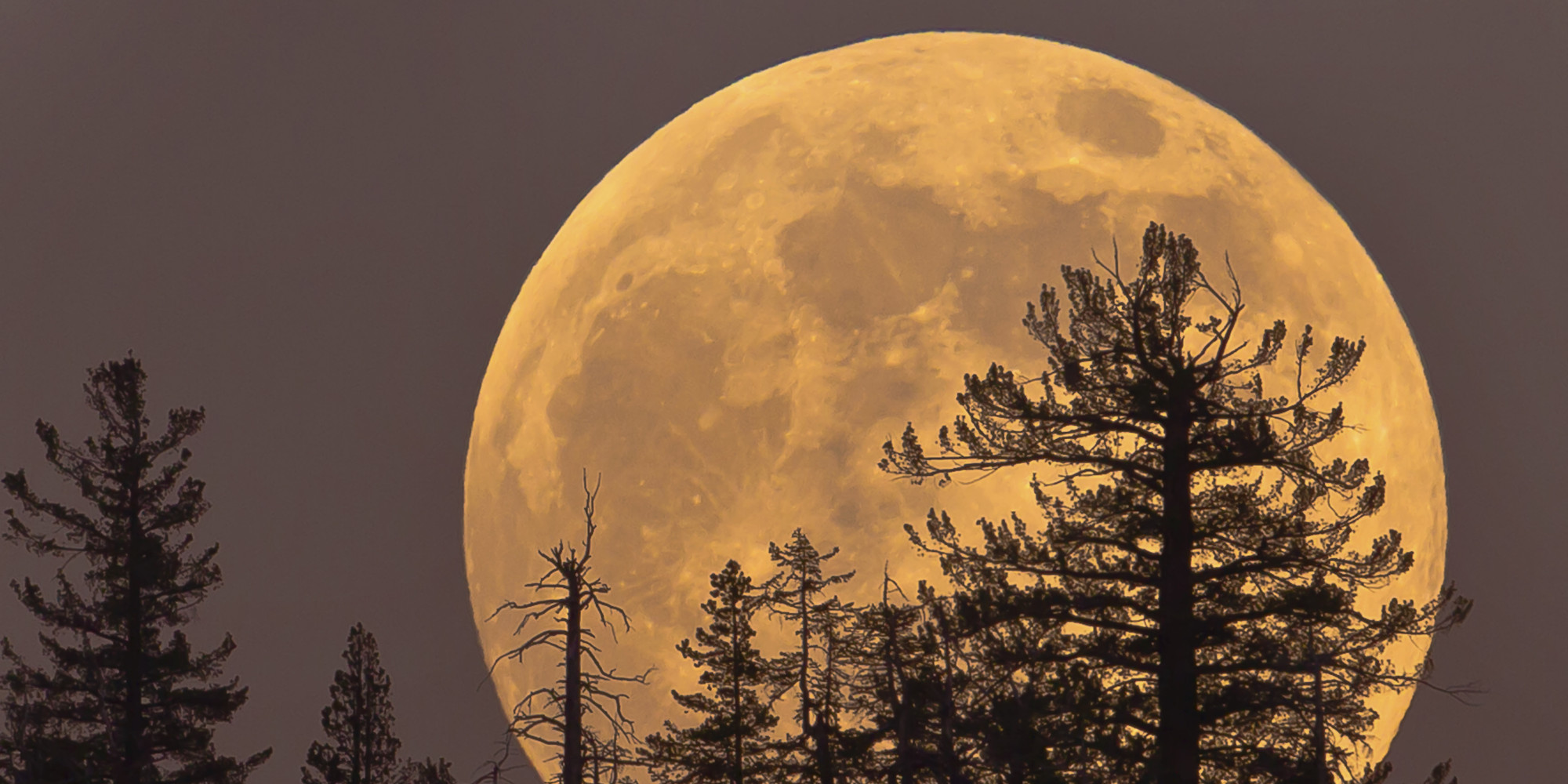Conspiracy theorists are predicting that Mondays blood moon and a prophesied meteor strike will spell the end of civilisation but this eruption wont put your mind at ease. The cataclysmic event saw a gigantic ash cloud ascend into the atmosphere with lava spewing from the Calbuco volcano in Chile and electrical lightning storms adding to the sense of impending doom SUPER BLOOD MOON
Via The Register: “GlobalSign has performed a postmortem examination on how, as one of the world’s root certificate authorities, it managed to break a chunk of the web. The New Hampshire, US-based biz has to date sold 2.5 million SSL/TLS certificates to websites around the world. This week, it inadvertently smashed its own chain of trust: it effectively made its customers’ certs appear untrustworthy in the eyes of web browsers and apps globally. This prevented many people from being able to access secure websites and online services large and small, from Wikipedia and the Financial Times to GlobalSign’s own servers.”
The past few months have been very kind to us sky-watchers, with Africa’s stunning 'ring of fire', a harvest eclipse, and an elusive black moon. Now we get to see the Moon get huge and bright orange in the night sky, because a hunter's moon and a supermoon are set to combine on the night of October 15 to 16 in the northern hemisphere.
If you’re having trouble keeping tabs on all the different types of 'moons' we've got now - blood moon, blue moon, black moon, anyone? - the only thing you really need to remember when it comes to a hunter’s moon is how awesome the colour will be.
Sometimes referred to as a blood moon - because no one can decide on just one definition for all these fancy names - a hunter’s moon rises much earlier in the evening than usual, creating a shorter gap between sunset and moonrise.
As Matt Williams explains for Universe Today, the Moon typically rises 50 minutes later each day, but the hunter’s moon rises 30 to 35 minutes later, giving us more light during the transition from night to day. Traditionally, that meant hunters and farmers had extra moonlight to work by - hence the name, hunter’s moon.
Hunter's Supermoon
Hunter's Supermoon astronomy
From our vantage point, we'll get to see a reddish full moon that'll appear quite a bit fuller and brighter, and that'll rise only about 30 to 35 minutes later each day. That's typical for a Hunter's Moon—which comes around annually—but this year is extra special thanks to this baby's supermoon status. 2016's Hunter's Moon just happens to come right around the moon's closest point to Earth during its orbit this month, so it'll appear even closer than a typical Hunter's Moon.
Hunter's Supermoon
Hunter's Supermoon astronomy
From our vantage point, we'll get to see a reddish full moon that'll appear quite a bit fuller and brighter, and that'll rise only about 30 to 35 minutes later each day. That's typical for a Hunter's Moon—which comes around annually—but this year is extra special thanks to this baby's supermoon status. 2016's Hunter's Moon just happens to come right around the moon's closest point to Earth during its orbit this month, so it'll appear even closer than a typical Hunter's Moon.

